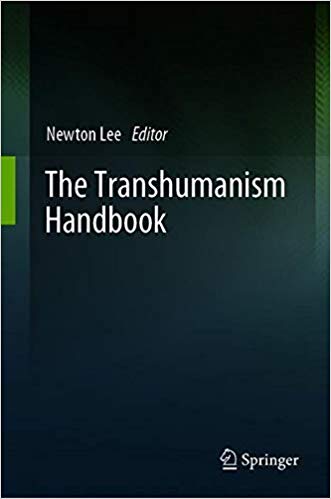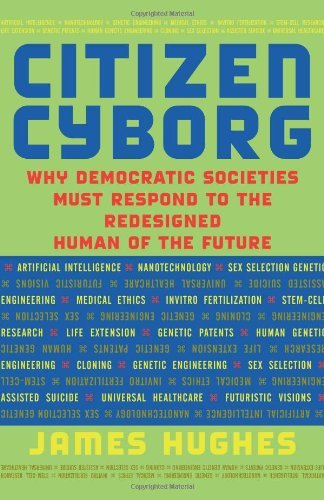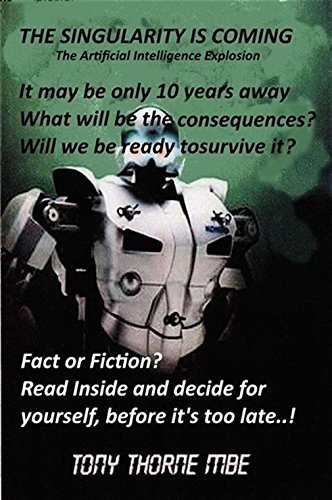
The Transhumanism Handbook
Book Description
What if humanity could redefine itself? In "The Transhumanism Handbook," Newton Lee unveils a bold vision of our future, where biology meets technology in a breathtaking dance of innovation. Explore groundbreaking advancements that promise to enhance intelligence, extend life, and even transcend the limits of the human experience. Discover the ethical dilemmas and societal implications of this remarkable journey as humanity stands on the brink of evolution. With every page, the stakes rise, igniting a fierce debate about the essence of what it means to be human. Are we ready to embrace our own transformation?
Quick Book Summary
The Transhumanism Handbook by Newton Lee is a comprehensive exploration of transhumanism, a movement advocating for using technology to enhance human physical and intellectual capabilities. The book presents an in-depth overview of scientific milestones such as AI, biotechnology, and cybernetics that are redefining what it means to be human. It also delves into the philosophical, ethical, and social challenges that arise as humanity approaches the threshold of fundamental transformation. By featuring multiple perspectives from renowned thinkers, Lee's handbook provides both visionary possibilities and cautionary notes, encouraging readers to consider how technological evolution could impact society, identity, and morality. Ultimately, the book invites readers to critically engage with the idea that humanity's future may hinge on the choices we make about our own evolution.
Summary of Key Ideas
Table of Contents
Redefining Humanity Through Technology
The Transhumanism Handbook begins by outlining the central goal of transhumanism: to use emerging technologies to fundamentally transform human capabilities. Lee maps out key technological advancements such as artificial intelligence, brain-computer interfaces, gene editing, and robotics. These innovations, he argues, create new avenues for human potential, allowing us to address age-old problems like disease, cognitive limitations, and even mortality. The narrative traces how these rapidly developing tools are already blurring the boundaries between biology and technology.
Ethical and Existential Questions
Yet, with these possibilities come profound philosophical and ethical dilemmas. The book raises pressing questions: What constitutes personhood when minds may be uploaded or augmented? Is it right to genetically engineer future generations? Are there social risks in creating divisions between enhanced and unenhanced people? Lee gathers multidisciplinary voices to discuss how these issues challenge current norms, while illuminating arguments both in favor of and against radical enhancement.
Life Extension and Human Enhancement
Another crucial theme involves the quest for life extension and human enhancement. Lee details technologies aiming to increase healthspan, cognitive abilities, and senses—promising longer, more vibrant lives. The book not only surveys the science behind these interventions but also offers insight into their practical implications, raising questions about access, inequality, and the societal cost of far longer life spans. These advances force readers to confront age-old human desires and the complexity of pursuing them through engineered means.
Societal Impacts of Transhumanist Innovations
The societal ramifications of transhumanist progress pervade the handbook. It discusses potential shifts in employment, education, governance, and interpersonal relationships as technology integrates further into our bodies and minds. Lee and his contributors address how governments, institutions, and communities might adapt to or resist these foundational changes, highlighting both utopian and dystopian possibilities. The text underscores the importance of preparing not only technologically, but also culturally and legally for emerging realities.
The Philosophical Foundation of Transhumanism
Underlying the entire exploration is a deep philosophical reflection on the essence of humanity and the transhumanist movement itself. The book scrutinizes foundational ideas such as human identity, consciousness, and the meaning of progress. Through historical context and analysis of contemporary theory, Lee encourages readers to contemplate not just what we can do, but what we should do as we shape the next phase of human evolution. The Transhumanism Handbook closes by advocating thoughtful dialogue and responsible innovation as humanity stands on the brink of profound transformation.
Download This Summary
Get a free PDF of this summary instantly — no email required.





